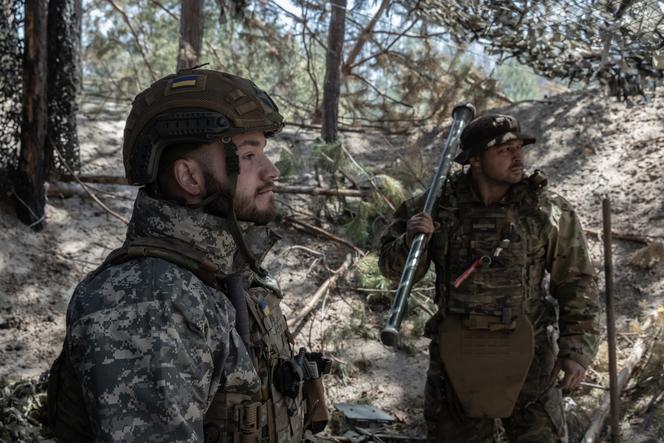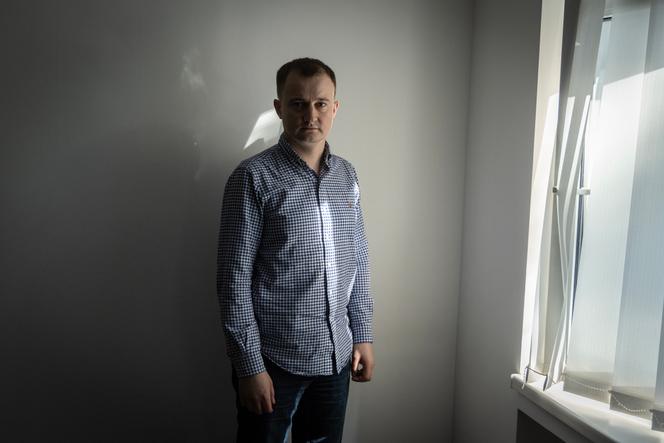


Faced with Moscow's heavy toll on human lives in the war, Ukraine faces a dilemma. To win the war, it must mobilize men. However, to survive in the long term and secure peace, it must protect the young.
After the Russian invasion of February 24, 2022, the adoption of martial law prohibited men aged 18 to 60 from leaving the country without mobilizing them. The debate over the last few months on the law dedicated to the mobilization of soldiers in the armed forces – adopted by Parliament on April 11 – has not focused on a crucial concern for Ukrainians: demographic obsession. One of the decrees signed by President Volodymyr Zelensky on April 2, after 10 months of prevarication and before the adoption of the general law, lowered the age of mobilization from 27 to 25. Volunteers are still allowed to enlist at 18.
In most countries of the world, this debate would probably not have taken place either, but for opposite reasons. In the event of war on national territory when the enemy can deploy a superior number of soldiers, most countries have laws allowing mobilization from the age of 18. Young men in peak physical condition are sent to war and are generally less afraid of fighting and dying than men fearing for their children's future. In Ukraine, men are protected who have not yet had children. As a result, the average age in the armed forces is over 40.
In Russia, the latest legislation on the subject dates back to 2022 and officially sets the age of enlistment at 18. However, as Moscow does not send men to the front before or during their military service, the legislation is rarely applied, except to young people who choose to enlist.
An influential military analyst in Kyiv, Taras Chmut, director of the Come Back Alive armed forces support foundation and a former non-commissioned officer in a marine troop reconnaissance unit, launched the debate on the day the law was passed. In an interview with Ukrainska Pravda published on April 11, he said he believed that Ukraine "wasted too much time" and that "mobilization must take place at 20," while acknowledging that it is "a terrible measure."

Interviewed after the law was passed, Chmut estimated that the change from 27 to 25 years of age would mobilize "around 200,000 additional soldiers" and that "it is not enough," especially at a time when "Ukraine has lost the strategic initiative on the entire front line." In the event of a change to the age of 20, "one million men" could be mobilized.
You have 51.6% of this article left to read. The rest is for subscribers only.
